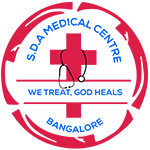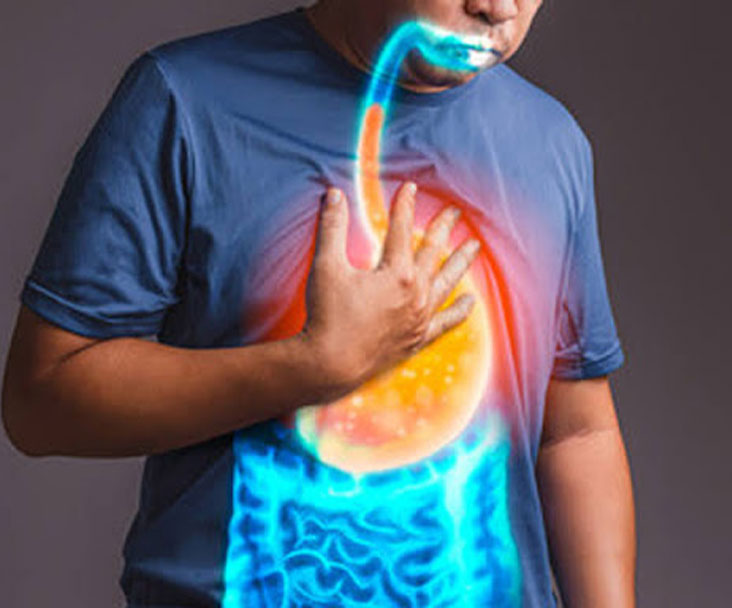There are 2 related medical conditions that go by the name ‘acidity’ in common parlance. Peptic ulcer disease is the first and more common condition. Gastroesophageal reflux disease (GERD) is the second condition. There are millions of people worldwide who silently suffer from these potentially dangerous medical conditions. Despite its prevalence, people are unaware of the causes, risks and available treatment options for peptic ulcer disease and GERD. In this article, I will provide a comprehensive overview of these two medical conditions.
A patient with peptic ulcer disease may experience the following symptoms:
- Sharp stomach ache or Heartburn
- Feeling bloated or overstuffed
- Excessive belching
- A dislike of fatty food
- Nausea and occasional vomiting
Many sufferers with peptic ulcers show no signs or symptoms at all. But, peptic ulcer disease can become quite severe, requiring immediate medical attention. If you have the following dangerous symptoms, see a doctor immediately. Vomiting blood, which may appear red or black. Having blood in stools or black stools. Difficulty breathing right after a meal. Weight loss that is unaccounted for and unexpected, or a sustained lack of appetite.
A patient with Gastroesophageal Reflux Disease (GERD) may experience the following symptoms:
Though GERD can be mis-identified as ‘acidity’ or ‘gas’ by the common man, it represents a separate clinical condition. Both peptic ulcer disease and GERD can occur in the same individual at the same time as well. Some of the common symptoms of GERD overlap with those of peptic ulcer disease. GERD presents with burning chest pain, which is typically worse after meals. It also usually happens at night or while lying down. If having GERD, you can also suffer from throat irritation and a persistent cough, lasting weeks.
How does peptic ulcer disease occur?
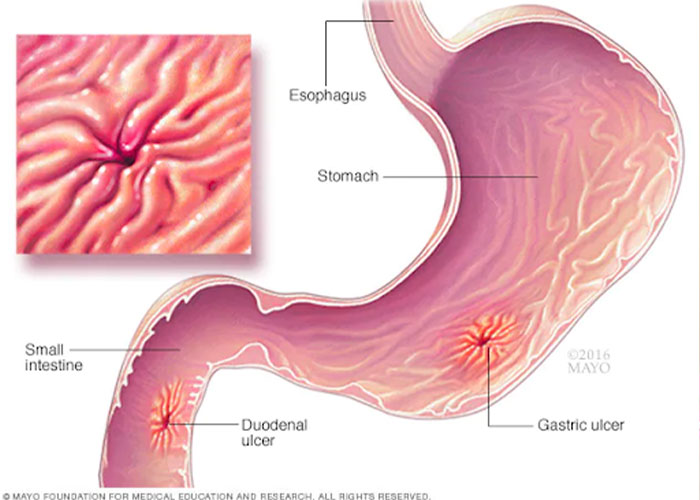
A bacterial infection called Helicobacter pylori (H. pylori) is a significant cause of this condition in our part of the world. Prolonged use of pain-killer medicines (NSAIDs) such as diclofenac as well as oral steroids are other causes of peptic ulcers. There is no direct link between stress and peptic ulcers. Yet, stress might worsen your symptoms. Helicobacter Pylori infection for a long period of time has been linked with cancer of the stomach.
How does GERD occur?
There exists a valve at the end of the esophagus that protects the stomach contents from returning back to the esophagus. When stomach acid rushes back into the esophagus (the food pipe connecting your mouth and stomach), GERD occurs. Your esophageal lining may become irritated by this backwash (acid reflux), because of its inability to handle the acid.
GERD and peptic ulcer disease can be differentiated based on their characteristic symptoms. The following investigations help further understand the diagnosis and severity of these conditions. Consult your doctor for further information on the following investigations.
Urea Breath test:
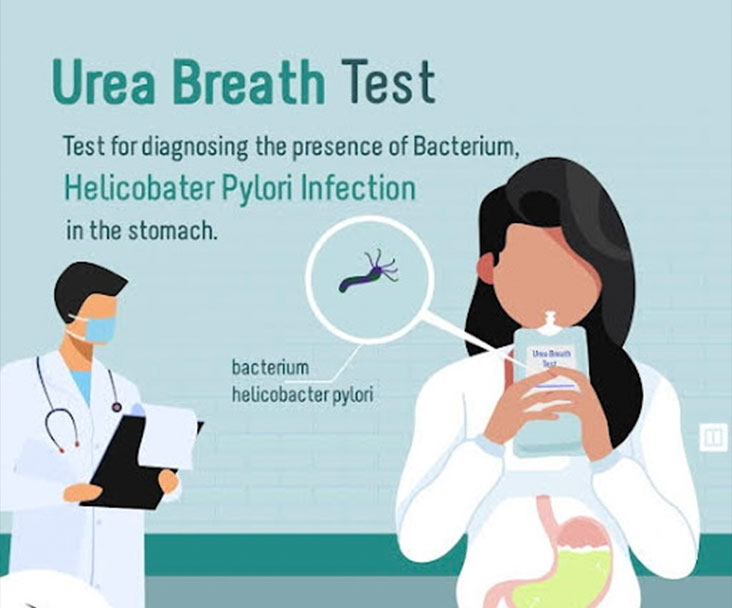
You consume radioactive carbon-containing beverages or food before the breath analyser test. In your stomach, Helicobacter pylori breaks down the radioactive food.
You then blow into a bag that is later sealed. If infected with Helicobacter pylori, the CO2 detected in your breath will be radioactive.
Endoscopy:
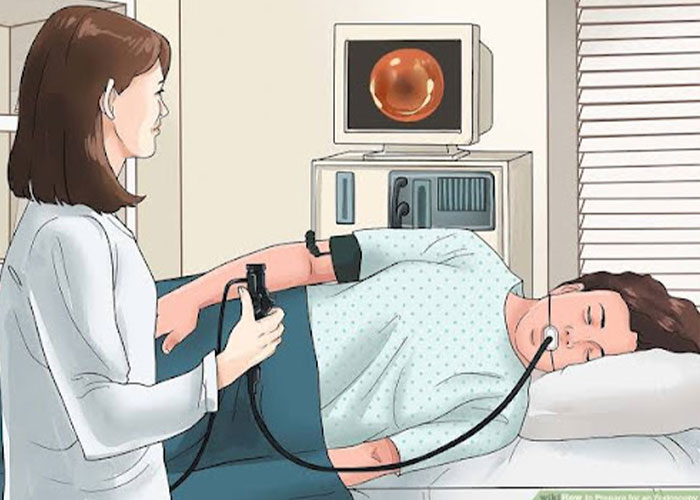
Your upper digestive system is examined by your doctor using a scope (endoscopy). A hollow tube with a lens attached to it called an endoscope is passed down your throat, into your stomach, and small intestine during an endoscopy.
The endoscope enables your doctor to check for ulcers. If an ulcer is found in the stomach or small intestine, your doctor could take a small tissue sample (biopsy) to be examined in a lab. Additionally, a biopsy can determine if the bacteria Helicobacter pylori is present in the stomach lining.
Barium Swallow:
After you consume a chalky substance that coats and fills the interior lining of your digestive tract, X-rays are performed. Your doctor may see a silhouette of your stomach and esophagus in successive x-rays. This is especially helpful for those who have difficulty swallowing, and proves a diagnosis of GERD.
Treatment:
(The medical advice given here is for information purposes only. Kindly consult your doctor for treatment of peptic ulcer disease and GERD)
Treatment for peptic ulcer disease includes eradicating the H. pylori bacterium, if present. Minimizing the use of pain killer medicines can aid in the healing of your ulcer. The medical treatment for GERD is along the same lines. Diet and lifestyle changes are an integral part of managing both peptic ulcer disease and GERD.
Medications that reduce stomach acid production:
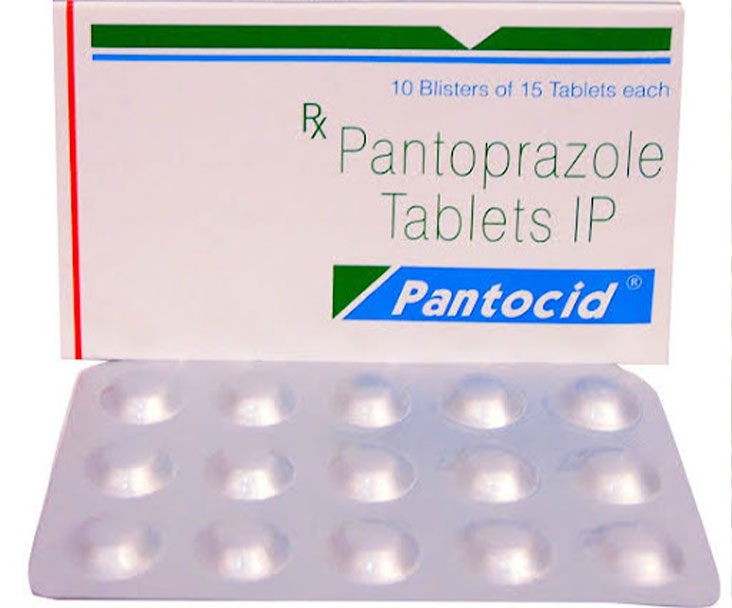
PPIs, or proton pump inhibitors, work to lower stomach acid by preventing the action of the stomach cells’ acid-pumps. These drugs are available even over-the-counter. Your doctor might recommend a 1 or 2 week course of these medicines to allow you to make the required diet and lifestyle changes. Proton pump inhibitor use over an extended period of time, especially at high doses, may raise the risk of hip, wrist, and spine fracture. The lowered acid levels in your stomach can also hinder digestion and absorption of certain important nutrients in diet.
Antibiotics to eradicate Helicobacter pylori infection:
A combination of medicines may be prescribed if H. pylori is discovered in your digestive system to eradicate the bacterium. These include at least 2 oral antibiotics with an antacid. The treatment duration is around 2 weeks.
Stomach acid-neutralizing medicines:
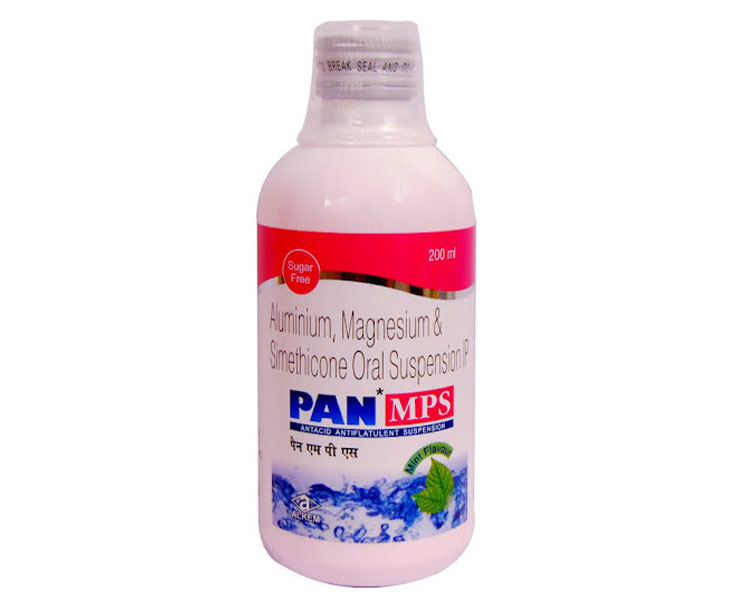
Your doctor might prescribe an antacid containing calcium or magnesium carbonate. These are usually mixed with an anesthetic to quickly relieve pain while neutralizing any existing stomach acid. Long term use could cause side effects that include diarrhea or constipation. These antacids only relieve symptoms and do not heal peptic ulcers, and are designed for use with a PPI for best effect.
If GERD is resistant to medical treatment, surgical options can be considered to repair the lower esophagus.
Diet and Lifestyle habits play a significant role in relieving symptoms and promote healing of GERD and peptic ulcer disease.
Food Choices:
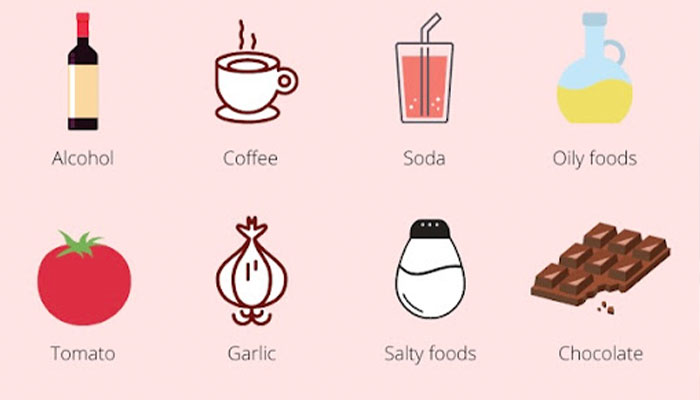
1. Avoid Tea, Coffee and alcohol. Avoid excess spice and masala in food preparation. These foods can irritate the lower esophageal sphincter, causing it to allow reflux of acid from the stomach to the esophagus.
2. Avoid animal fat rich, oily and greasy foods, as they take time for digestion and can stimulate excess stomach acid production.
3. Prefer small meals rather than binge eating. This will help avoid reflux due to a lax lower esophageal sphincter, thus preventing GERD.
4. A healthy plant based diet rich in vegetables, fruits and whole grain is recommended. This can help both in recovery from peptic ulcer disease and preventing GERD.
Lifestyle choices:
1. Maintain a healthy body weight
2. Do not lie down immediately after having meals.
3. Eat dinner early, as this will ensure that you do not go to bed on a full stomach, saving you heartburn.
